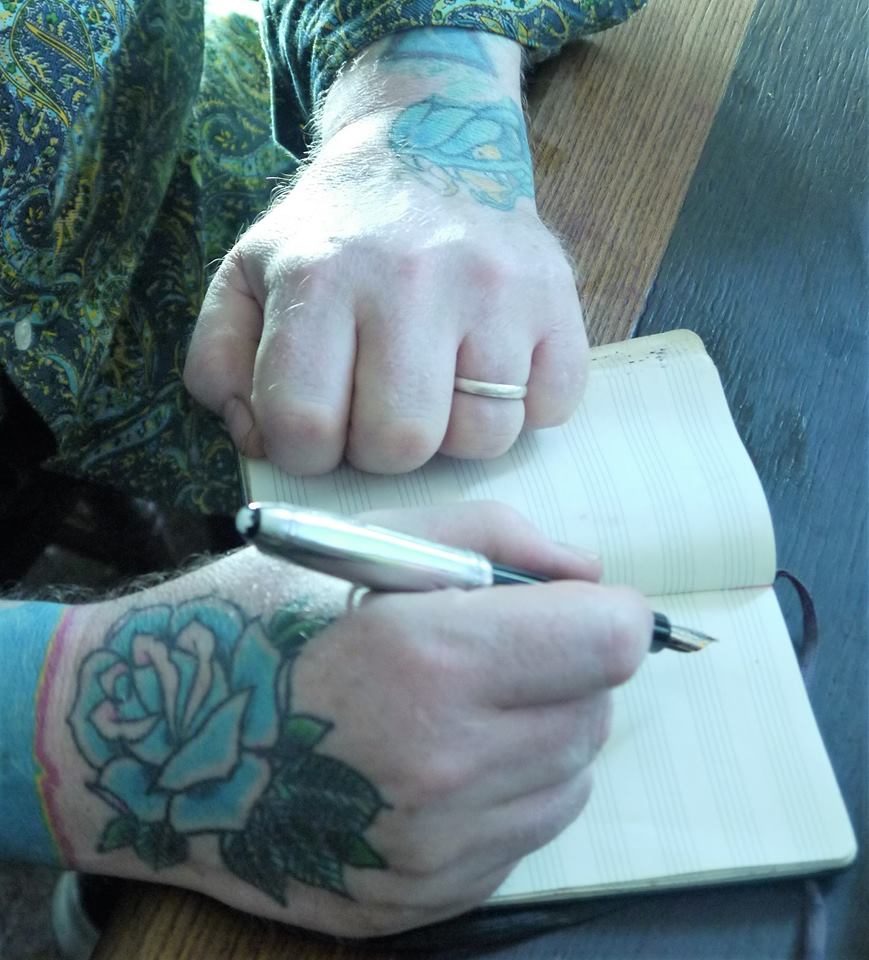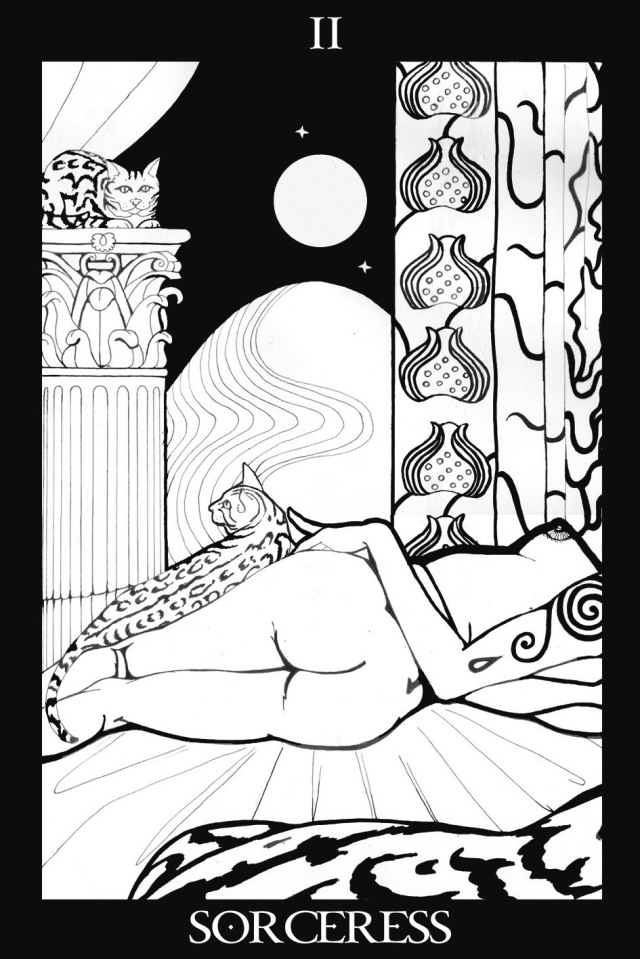From Winchester To This William Donaldson
Many people write autobiographies to settle scores or to justify their own behaviour, as in Martin Amis’s Experience. This self lacerating account is considerably more courageous, smarter and funnier, a unique account of a more eventful life. Louche, consistently funny and full of extraordinary anecdotes, this is as essential as his Brewer’s Dictionary of Rogues, Villains and Eccentrics, any future volume of which could include much of his own life.
Framed by the conceit of not being able to write it, characters discuss how fictionalised they should be, the narrator muses on what should go into the life of a man who was sometimes an unlovable rogue. He’s comfortable discussing the abandonment of wives and children, but you have to read Terence Blacker’s excellent biography to discover that he once stalked and viciously harassed one of his obsessions – after she left him for twelve step therapy and turned her life around. His eventual habit of falling in love with sex workers a great deal younger than himself, and using his money to control them, looks less than lovable although many of his companions remember him fondly. His occasional intellectual and social snobbery risks alienating the reader. However, we are at least spared his detours into abstract philosophy, with which he once reduced a woman to tears of boredom.
I thought I was a William Donaldson completist but I managed to miss the arrival of this 1998 autobiography. So did his own publisher: no paperback, few reviews. It’s very good but who is the audience? Despite inheriting a shipping fortune and the splendour of his Sunningdale childhood this was never going to appeal to Downton Abbey aficionados. Decades of womanising isn’t going to charm Bridget Jones fans or indeed half of the human race, and guess who buys the most books? Potential readers may not have known of Winchester School, or heard of William Donaldson or be aware that he finished up alone and poverty stricken, so the title was never going to start a stampede to the tills.
He was always a rebel, keener on intellectual pursuits and low life companions despite briefly being a Naval Officer and a member of the Princess Margaret set. He squandered three fortunes, one inherited, one from producing Beyond The Fringe, and the third from Henry Root. As he borrowed the idea for Henry Root from an American writer, and he didn’t have the copyright to any of the returned letters from duped celebrities, he was perhaps fortunate to hold on to that one. But as Terence Blacker’s biography of Donaldson shows, he was once sued by a man on an entirely bogus plagiarism charge, and Donaldson recalls here that a theatre producer once tried to ruin him on a legal technicality. He deserved some good fortune in his later years.
The Daily Telegraph obituary called him a ‘sybarite’, although a Detective preferred the term ‘pond life’, unimpressed with a milieu where you were as likely to meet Mad Frankie Fraser as various artistic Bohemians. He would have made a good character for JP Donleavy, whom he met while producing a play of The Ginger Man. They remained friends, meeting to discuss writing at Harrods, over a milk shake. He was never part of what he termed as the ‘alcohol culture’, despising middle brow drunks like Jeffrey Bernard, and the ‘rude old tart’ in the Colony Club.
There was already undisguised autobiography in several of Donaldson’s novels, hence the title Is This Allowed? His debut Both The Ladies and the Gentlemen, title adapted from Auden, cover quote from Kenneth Tynan, detailed his life as companion to a Chelsea call girl. This led to the prudes and Christian bores of Private Eye going on and on about him being a ‘pimp’ – encouraged by Donaldson’s own term admittedly, he liked being seen as worse than he actually was – but he was merely fortunate to be kept off the streets while penniless, “I made an excuse and stayed”. He didn’t source punters or spend his lover’s money, apart from smoking industrial quantities of dope. It’s hardly pimping as gangsters understand it.
There’s an intriguing portrait of Peter Morgan, now one of the world’s leading screenwriters, back then a companion of Donaldson’s during marathon crack binges. (They were writing ITV’s Root Into Europe.) There’s also an encounter with Boho Royalty Robin Cook, very fine Noir writer, another upper class renegade who abandoned respectability as soon as possible.
Incidentally, Donaldson appears in Clive James’ The North Face of Soho. If you remember James’ abysmal epic poetry in rhyming couplets, you may be surprised that he wanted to dramatise Both The Ladies and The Gentlemen entirely in rhyme. For some reason the fat, ugly egomaniac takes several pages to say that one of Donaldson’s partners was a vulgar frump, distinctly unattractive. William Donaldson’s lovers included Carly Simon and Sarah Miles, he cuckolded Laurence Oliver with Vivienne Lee, his first wife was a blonde beauty who starred in bedroom farces and the woman James denigrates was an in demand, upmarket, rather posh Chelsea sex worker. Although she somehow failed to impress the self-satisfied berk who inflicted Margaret Pracatan on the viewing public. Could she possibly have thought he was a charmless gargoyle? Check out the picture of James in cravat on the back of the North Face of Soho. If you have the stomach for it.
Speaking of show business calamities, the theatrical disasters recounted here are vastly amusing, and abundant, as he much preferred promoting clapped out vaudevillians and surrealists like The Alberts to a pile of poo like Les Miserables. Discovering that an on stage bar served real alcohol inspired one female trouper to keep up a derogatory commentary on the rest of the acts which included a snake charmer who lost control of his fellow performers. “Don’t put your snakes on the stage, Mrs Worthington.” A New York cabaret star was brought over to perform, opening with ‘Permit me to introduce myself, my name is Mr Kicks’. The stage kept on revolving, revealing the portly actor Fred Emney struggling into a pair of trousers and then the band once more, and so on through several complete cycles. After 32 revolves the stage manager attacked it with an axe without which it might still be revolving today.
He did however establish Peter Cook, Dudley Moore and Alan Bennett, he published Sylvia Plath and Ted Hughes before anyone else and he gave an insistent guitarist who camped in his office a gig: he turned out to be Bob Dylan.
‘Where did it all go wrong?’ was once asked of George Best, by a room service waiter, as he paid for Champagne with a large wad of cash, a drink he was about to share with a model as glamorous as he was handsome. Blacker’s biography, deep breath, ‘You Can’t Live As I Did Without Ending Up Like This: The Thoroughly Disgraceful Life and Times of William Donaldson’ poses the same question. Yet its subject lived longer than many people who didn’t use drugs their entire adult life, finishing up by using crack regularly for over a decade or so. In addition to his theatrical legacy he wrote a great deal, and was a bestseller for some years, also a critical success. Auberon Waugh thought one of his novels was of Nabokovian quality but recognised that his reputation was unlikely to help build a literary career.
I prefer his satires to anyone else’s, probably because he is more recent and humour dates badly but also because I agree with the manifesto: legalise sex and drugs and attack philistines, particularly those hoping to exacerbate inequality.
This book is well worth avoiding if you’re trying not to take drugs, or trapped in a failing relationship, as it’s written entirely in the mindset of an unrepentant sex and drug addict. He did it his way, until he was found at 70, alone, with the computer displaying some pornography. Well, is that really so bad after a life of hedonism, and having written much better books than his detractors? What has Richard Ingrams ever done apart from bully adulterers? Before leaving his wife for a much younger woman. Oh, and he eulogised Malcolm Muggeridge. Who was a sex pest. How absolutely splendid. Should Donaldson have become a pompous misery like Jonathon Miller? Whatever his faults Donaldson undoubtedly helped defeat Mary Whitehouse and those opposing the toleration of drug use and left behind a lot of very entertaining, thought provoking books, among the best of which is this one.



